I’m Pablo Aguirre, a self-taught Data Scientist based in Mexico City.
I hold a BSc. in Chemical Engineering from Universidad Iberoamericana. Although my current professional approach is less towards chemistry & processes and more towards data, I’ve always been inspired by natural sciences and their different roles in our daily life.
Motivation
This journey started a few years back when two subsequent random events came into place in the most interesting way:
- First Event: I broke my only computer.
- Part I: A university colleague introduced me to Linux. I remember very well because that same day, I tried my first Arch Linux install on a MacBook Pro, and it went so wrong I was left with an unusable machine for a couple of days. Regardless, I wanted to keep digging, so I did (also, it wasn’t like I had many options). What a naive way to approach things, right?
- Part 2: I’m left with an ugly, barebones, incomplete Arch Linux install with no way to roll back to my previous macOS. Now what? Well, let’s customize it, shall we? Let us use this as an opportunity to learn about Linux and see if my computer can be used as a daily driver for academic work. Well, it was a steep learning curve, but everything is possible with the right motivation (I had to make it work before the end of the weekend). I ended up loving Linux. I not only managed to use my battered computer as a daily driver, but its performance increased drastically. I had the fastest laptop in the block.
- Second Event: I was given the opportunity to participate in an academic project involving programming.
- All systems ready, captain, now let’s learn Python: I started consulting multiple resources and became increasingly absorbed in finding new libraries. I was amazed at what could be done with GeoPandas, Numpy, Seaborn, and all those fantastic modules. Six months went by, and my part of the project was complete. This was only the beginning, though, because now I knew what could be done.
Since then, I have become utterly obsessed with open source and using new ways of creating technology because, in the end, technology is inspiring if done right.
I love data transformation and analysis as a professional endeavor. Still, I also love aesthetics & design, which is why I decided to create a visually enthralling yet informative personal blog with all the knowledge I absorb every day.
Last but not least, thank you for giving yourself the time to visit my blog and read all this craziness. It means a lot.
I hope you enjoy it as much as I did building it. Happy coding.
Trajectory
In chronologically descending order.
École Polytechnique Fédérale de Lausanne, (2022 – Ongoing)
A graduate-level program consisting of 4 full-semester courses, and one final Capstone Module.
Some of the topics include principles of functional programming, design of immutable data structures, functional programs using recursion, pattern matching, and higher-order functions, combination of functional programming with objects and classes, writing of reactive applications, design of functional libraries and their APIs, reasoning techniques for programs that combine functions and state, parallel programming, data-parallelism, data structures for parallel computing, Scala + Spark, reduction operations, and partitioning & shuffling.
(Projected Early 2024)
(Projected Late 2023)
(Projected Late 2023)
(Completed on Jul 2023)
(Completed on May 2023)
Universidad Iberoamericana, (2014 – 2019)
Design and study of chemical processes from a technical & industrial perspective.
- High-impact Biomass characterization project
- Bioengineering research
- Organic Chemistry tutoring
Data Scientist, New Product Design (2022 – Present)
Member of the Global Data Science team in charge of designing and implementing new methodologies.
- New methodologies design, testing & implementation
- Product quality control design and execution
- Applicability design and execution
- Effective results communication
- Internal team trainings coordination
Commercial Analyst, (2021 – 2022)
Focused on covering a wide range of wheat commercialization processes for a diverse number of national and global accounts.
- Daily wheat & flour position reporting
- Wheat contract analysis and deployment
- Monthly & quarterly demand projection
Financial Analyst, (2018 – 2019)
- Financial modeling
- Due Diligence
- Business plan development
- Project management along with entrepreneurs
R&D Lab Analyst, (2017 – 2018)
- Diverse ASTM compliant quantitative analyses
- Mathematical modeling for pilot scale reactors
Academic
Professional
École Polytechnique Fédérale de Lausanne, (2022 - Ongoing)
A graduate-level program consisting of 4 full-semester courses, and one final Capstone Module.
Some of the topics include principles of functional programming, design of immutable data structures, functional programs using recursion, pattern matching, and higher-order functions, combination of functional programming with objects and classes, writing of reactive applications, design of functional libraries and their APIs, reasoning techniques for programs that combine functions and state, parallel programming, data-parallelism, data structures for parallel computing, Scala + Spark, reduction operations, and partitioning & shuffling.
(Projected Early 2024)
(Projected Late 2023)
(Projected Late 2023)
(Completed on Jul 2023)
(Completed on May 2023)
Data Scientist, New Product Design (2022 - Present)
Member of the Global Data Science team in charge of designing and implementing new methodologies.
- New methodologies design, testing & implementation
- Product quality control design and execution
- Applicability design and execution
- Effective results communication
- Internal team training coordination
Universidad Iberoamericana, (2014 - 2019)
Design and study of chemical processes from a technical & industrial perspective.
- High-impact Biomass characterization project
- Bioengineering research
Commercial Analyst, (2021 - 2022)
Focused on covering a wide range of wheat commercialization processes for various national and global accounts.
- Daily wheat & flour position reporting
- Wheat contract analysis and deployment
- Monthly & quarterly demand projection
Financial Analyst, (2018 - 2019)
- Financial modeling
- Due Diligence
- Business plan development & follow-up
- Project management along with entrepreneurs
- Advisory Board coordination
R&D Lab Analyst, (2017 - 2018)
- Diverse ASTM-compliant quantitative analyses
- Mathematical modeling for pilot scale reactors
Stack
Certifications in chronologically descending order.
Coursera / EPFL (2023)
Applying design principles of functional programs, writing simple functional reactive applications, designing functional libraries and their APIs, and understanding reasoning techniques for programs that combine functions and state:
- For Expressions & Monads
- Lazy Evaluation
- Type-Directed Programming
- Functions & State
- Timely Effects
Coursera / University of Michigan (2023)
Utilizing psql and SQL commands to implement CRUD (Create, Read, Update, and Delete) operations for tables in a PostgreSQL database, building and differentiating between one-to-many and many-to-many relationships within PostgreSQL, identifying and utilizing the functions of primary, logical, and foreign keys within a database:
- Introduction to SQL
- Single Table SQL
- One-To-Many Data Models
- Many-To-One Data Models
Coursera / EPFL (2023)
Understanding the foundations of Functional Programming, designing immutable data structures, writing purely functional programs, & combining FP with OOP:
- Functions & Evaluation
- Higher Order Functions
- Data and Abstraction
- Classes, Objects & Packages
- Types and Pattern Matching
- Lists, Tuples, Maps, Vectors & Arrays
- Higher-Order Collection Methods
- For-Expressions
MITx (2023)
Principles, design & application of Machine Learning algorithms such as classification, regression, clustering, and reinforcement learning:
- Linear Classifiers, Separability, Perceptron Algorithm
- Maximum Margin Hyperplane, Loss, Regularization
- Stochastic Gradient Descent, Over-Fitting, Generalization
- Linear Regression
- Recommender Problems, Collaborative Filtering
- Non-Linear Classification, Kernels
- Learning Features, Neural Networks
- Deep Learning, Back Propagation
- Recurrent Neural Networks
- Unsupervised Learning
- Generative Models
- Natural Language Processing
Udemy (2023)
The foundations of regular expressions with examples in Python, JavaScript, Rust, Java, C#, C++, Swift, Google Sheets, Kotlin and Ruby
- Basic Syntax
- Literal Characters
- Metacharacters
- Character Sets
- Character Ranges
- Quantifiers
- Anchors & Boundaries
- Positive & Negative Lookarounds
MITx (2022)
Introduction to probabilistic models, including random processes and the basic elements of statistical inference:
- Probability Models & Axioms
- Conditioning and Independence
- Counting
- Discrete Random Variables
- Continuous Random Variables
- Bayesian Inference
- Limit Theorems and Classical Statistics
- Bernoulli & Poisson Processes
- Markov Chains
MITx (2022)
An introduction to using computation to understand real-world phenomena:
- Optimization Problems
- Dynamic Programming
- Graph Theory
- Stochastic Thinking
- Random Walks
- Inferential Statistics
- Monte Carlo Simulations
- Experimental Data and Model Fitting
- Machine Learning
- Statistical Fallacies
MITx (2022)
An introduction to computer science as a tool to solve real-world analytical problems using Python 3.5:
- Introduction to Python
- Core Elements of Programs
- Simple Programs
- Functions
- Data Structures
- Debugging
- Assertions and Exceptions
- Classes and Inheritance
- Computational Complexity
- Searching and Sorting Algorithms
- Data Visualization
Julia Academy (2022)
An overview of the Julia Programming Language:
- Variables
- Data Structures
- Control Flow
- Plotting
- Structs
- Multiple Dispatch
- Linear Algebra
- Factorizations and Linear Transformations
Udemy (2022)
An overview of Apache Spark using DataBricks, PySpark & SparkSQL:
- Spark Architecture
- Spark Transformations and Actions using the Structured API
- PySpark Environments
- DAG (Directed Acyclic Graph) interpretation for Spark Execution
- Spark DataFrame API
- Spark on Databricks
- Spark Execution Concepts
- Spark Transformations and Actions using the RDD (Resilient Distributed Datasets) API
- Spark Web UI
- Spark SQL
Programming Languages
- Python
- PySpark
- SQL
- Julia
- R
- MATLAB & Simulink
- Bash
- PowerShell
- DAX
- PowerQuery M
- VBA
- Git
- HTML & CSS
Technologies
- GitHub
- Obsidian
- Azure VMs
- Azure Blob Storage
- Azure Data Lakes
- WinSCP
- DBeaver
- PuTTY
- WordPress
- ClickUp
- Craft
- Miro
IDEs / Editors
- VS Code
- Spyder
- RStudio
- IntelliJ IDEA
- Databricks
- Jupyter Notebooks
- Pluto Notebooks
- Kate
- Vim
- Neovim

